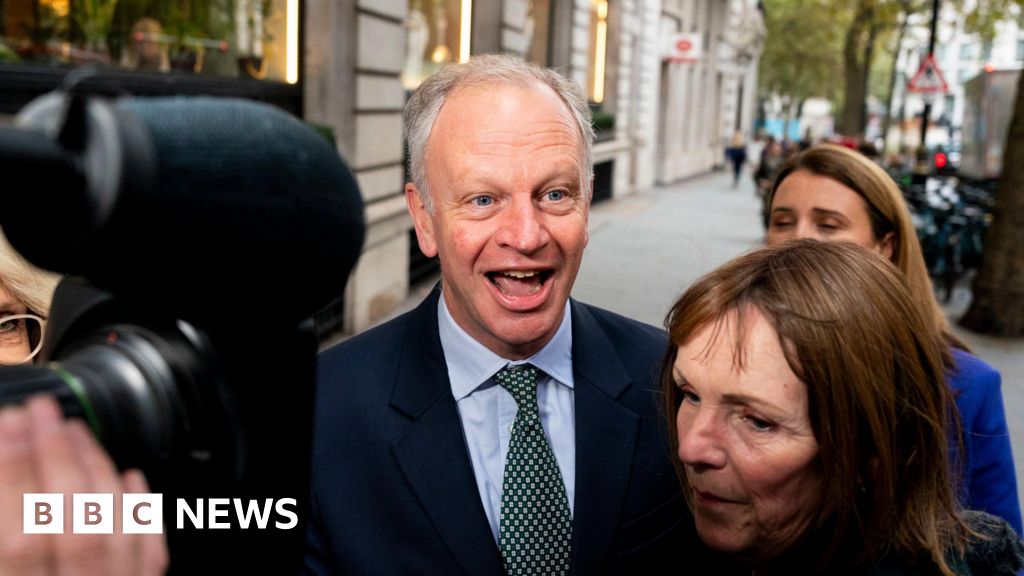Stay informed with free updates
Simply sign up to the German economy myFT Digest — delivered directly to your inbox.
Germany is facing its first two-year recession since the early 2000s, as the government downgraded its growth forecast for 2024, predicting a contraction of 0.2 per cent.
“The situation is not satisfactory,” Robert Habeck, economy minister, said on Wednesday. “Since 2018, the German economy has not been growing strongly any more.”
Just a few months ago he had forecast the economy would grow by 0.3 per cent this year.
Germany has been battered by high interest rates, inflation and an increasingly uncertain geopolitical environment, which has suppressed consumer demand and investment activity.
Some companies, complaining of high labour and energy costs, a big tax burden and political turbulence, are considering locating some of their production to cheaper countries.
At the same time, consumer spending remains depressed, despite an increase in real wages and falling inflation. The government’s earlier forecast had expected a more robust rebound in consumer demand.
Political instability is also taking its toll on sentiment. Chancellor Olaf Scholz’s three-party coalition is riven by policy conflicts and the rise of populist parties on the far right and far left is undermining business confidence.
Ministers said the economy was increasingly beset by both structural problems, such as demographic change, and short-term challenges such as weak domestic and foreign demand.
“Early indications such as industrial production and the business climate suggest this phase of economic weakness will last into the second half of the year,” the economy ministry said in a statement.
However, the government also forecast the economy would grow by 1.1 per cent next year and by 1.6 per cent in 2026.
The ministry said a revival in private consumption and in international demand for industrial goods, as well as a resurgence in investment activity, would power an economic recovery at the start of 2025.
If Habeck’s prediction for this year proves accurate, Germany will experience its first two-year recession in more than 20 years. The economy shrank by 0.3 per cent in 2023. In 2002, it contracted by 0.2 per cent and in 2003 by 0.5 per cent.
Credit: Source link











